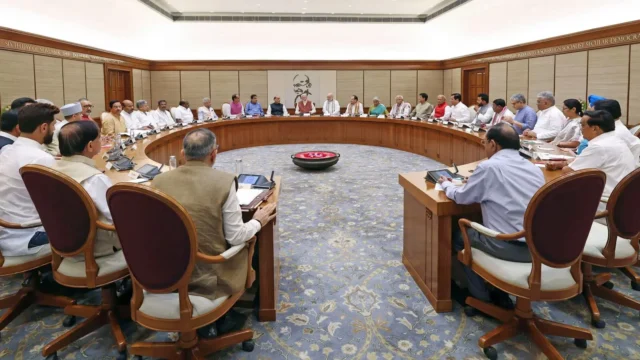The Indian government is set to introduce a new Income Tax Bill, replacing the six-decade-old Income Tax Act of 1961. The move aims to simplify direct tax laws, eliminate ambiguities, and reduce legal disputes.
Cabinet Approval and Parliamentary Process
On Friday, the Union Cabinet, led by Prime Minister Narendra Modi, approved the new Income Tax Bill. The bill will be introduced in Parliament next week and then referred to the Standing Committee on Finance for review. The first phase of the budget session concludes on February 13, with the session resuming on March 10 and continuing until April 4.
Simplified Tax Laws for Better Understanding
Announced by Finance Minister Nirmala Sitharaman in the recent budget speech, the new bill is designed to be more reader-friendly. It will:
✔ Eliminate outdated provisions and unnecessary amendments
✔ Use clear, simple language so taxpayers don’t need expert assistance
✔ Ensure a streamlined tax system without imposing additional tax burdens
₹8,800 Crore Boost for ‘Skill India’ Programme
In another significant decision, the Union Cabinet has sanctioned ₹8,800 crore to continue and restructure the ‘Skill India’ programme until 2026.
Key Highlights:
✔ Strengthening workforce skills with industry-aligned training
✔ Technology-driven learning to meet evolving job market needs
✔ Integration of major schemes under Skill India, including:
- Pradhan Mantri Kaushal Vikas Yojana 4.0 (PMKVY 4.0)
- Pradhan Mantri National Apprenticeship Promotion Scheme (PM-NAPS)
- Jan Shikshan Sansthan (JSS) Scheme
With these reforms, the government aims to simplify taxation and empower India’s workforce for a future-ready economy.










